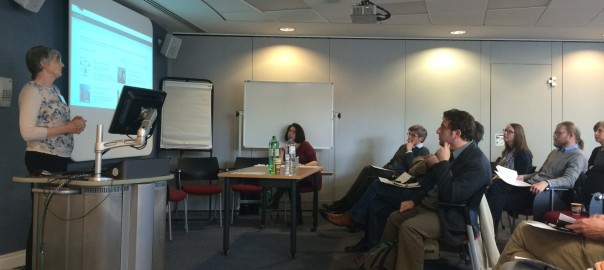2 x Workshops, Sunday 25 October & Sunday 8 November 2015 @ Discovery Museum, Newcastle upon Tyne
Join Newcastle University sound recording professionals Tim Shaw, John Bowers and Tom Schofield (all School of Arts and Cultures) over two workshops to explore and rebuild sound technologies of the First World War. The First World War was a period of great technological innovation. Many of the communication devices were developed to generate or listen to sound. From radio broadcasts to early underwater microphones, listening was a key strategy in the war effort.
Workshop One – Hydrophones and Morse Code Transmitters
Sunday 25 October, 12-3pm
At the first event you will build and use your own hydrophone (underwater microphone) and morse code transmitter. You will also explore their use during the First World War.
Workshop Two – Short-range radio transmitters and carbon granule microphones
Sunday 8 November, 12-3pm
At the second workshop you will build and use your own short-range radio transmitter and carbon granule microphone. You will also explore their use during the First World War.
Price
Workshops are £6 each (plus online booking fee). Advance booking is essential.
Places for workshops are limited. Each session covers different making activities – you are encouraged to attend both although you can also attend one or the other.
No prior specialist or technical knowledge is needed to attend and materials are included in the price.
All attendees must be aged 16 and over to attend.
For more information and to book tickets, please visit:
